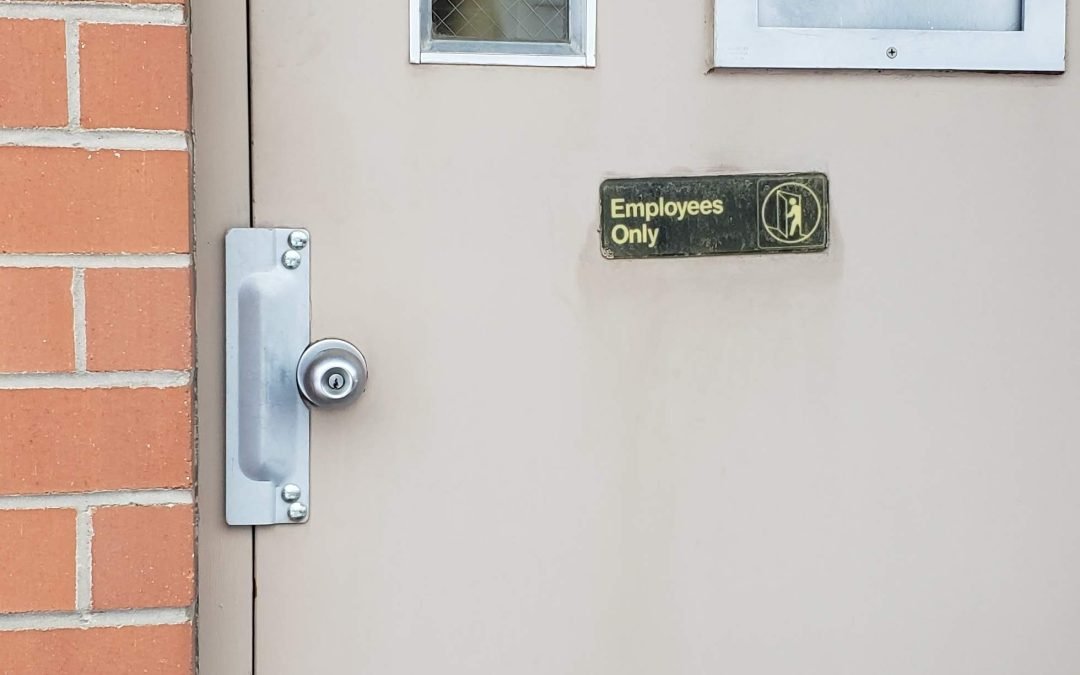Business lockouts can disrupt operations, cause inconvenience, and potentially lead to financial losses for businesses. As a locksmith with expertise in commercial security, I understand the importance of effective lockout prevention strategies to minimize the risk of being locked out of your business premises. In this blog post, we will explore key insights and practical tips from an Ohio Mobile Locksmith perspective to help businesses prevent lockouts and maintain seamless access to their facilities.
Understanding the Impact of Business Lockouts
Business lockouts can occur for various reasons, from misplaced keys and forgotten access codes to malfunctioning locks and door hardware. The consequences of a business lockout can range from temporary disruption of operations to security risks and potential financial implications. By implementing proactive measures and adopting best practices for lockout prevention, businesses can mitigate the impact of lockouts and ensure uninterrupted access to their premises.
Key Strategies for Business Lockout Prevention
- Key Management Protocols:
- Establish clear key management protocols that define key distribution, tracking, and access control procedures.
- Implement a key control system to monitor key usage, track key holders, and prevent unauthorized duplication.
- Regularly audit key inventories, update key records, and limit key access to authorized personnel only.
- Access Control Systems:
- Utilize access control systems with keyless entry options, smart locks, or keypad entry to reduce reliance on physical keys.
- Implement multi-factor authentication, biometric readers, or electronic key fobs for secure access.
- Regularly update access control permissions, review access logs, and deactivate lost or stolen credentials promptly.
- Duplicate Key Management:
- Maintain duplicate keys in secure storage locations or key lockboxes accessible only to authorized individuals.
- Label and log duplicate keys for easy identification and tracking to prevent misplacement or loss.
- Implement a key check-in/check-out system for key holders to track key usage and ensure accountability.
- Employee Training and Awareness:
- Provide employees with training on key management best practices, emergency procedures, and lockout prevention strategies.
- Encourage employees to report lost keys, damaged locks, or suspicious activities to facilitate timely intervention and resolution.
- Foster a culture of security awareness, emphasizing the importance of safeguarding keys, maintaining access control credentials, and following security protocols.
- Emergency Lockout Response Plan:
- Develop an emergency lockout response plan outlining procedures for addressing lockouts, contacting locksmith services, and resolving access issues.
- Maintain a list of trusted locksmith service providers, emergency contact numbers, and key personnel responsible for managing lockout situations.
- Conduct periodic drills and simulations to test the effectiveness of the lockout response plan and ensure preparedness for unforeseen emergencies.
- Routine Maintenance and Inspections:
- Schedule regular maintenance checks and inspections of locks, doors, and access control systems to identify and address potential issues proactively.
- Replace worn or damaged locks, repair malfunctioning hardware, and upgrade security features to enhance resilience against lockouts.
- Conduct security audits and risk assessments to evaluate the effectiveness of lockout prevention measures and identify areas for improvement.
Conclusion
Preventing business lockouts requires a combination of proactive measures, robust security protocols, employee training, and emergency preparedness. By implementing key management protocols, utilizing secure access control systems, educating employees on lockout prevention strategies, and developing comprehensive response plans, businesses can minimize the risk of lockouts and ensure continuous access to their premises. Locksmiths play a pivotal role in supporting businesses with lockout prevention strategies, emergency lockout response, and security enhancements to maintain a safe and secure environment conducive to business operations. By prioritizing lockout prevention and security readiness, businesses can proactively safeguard against lockout incidents and disruptions, enabling smooth and secure access to their facilities at all times.
